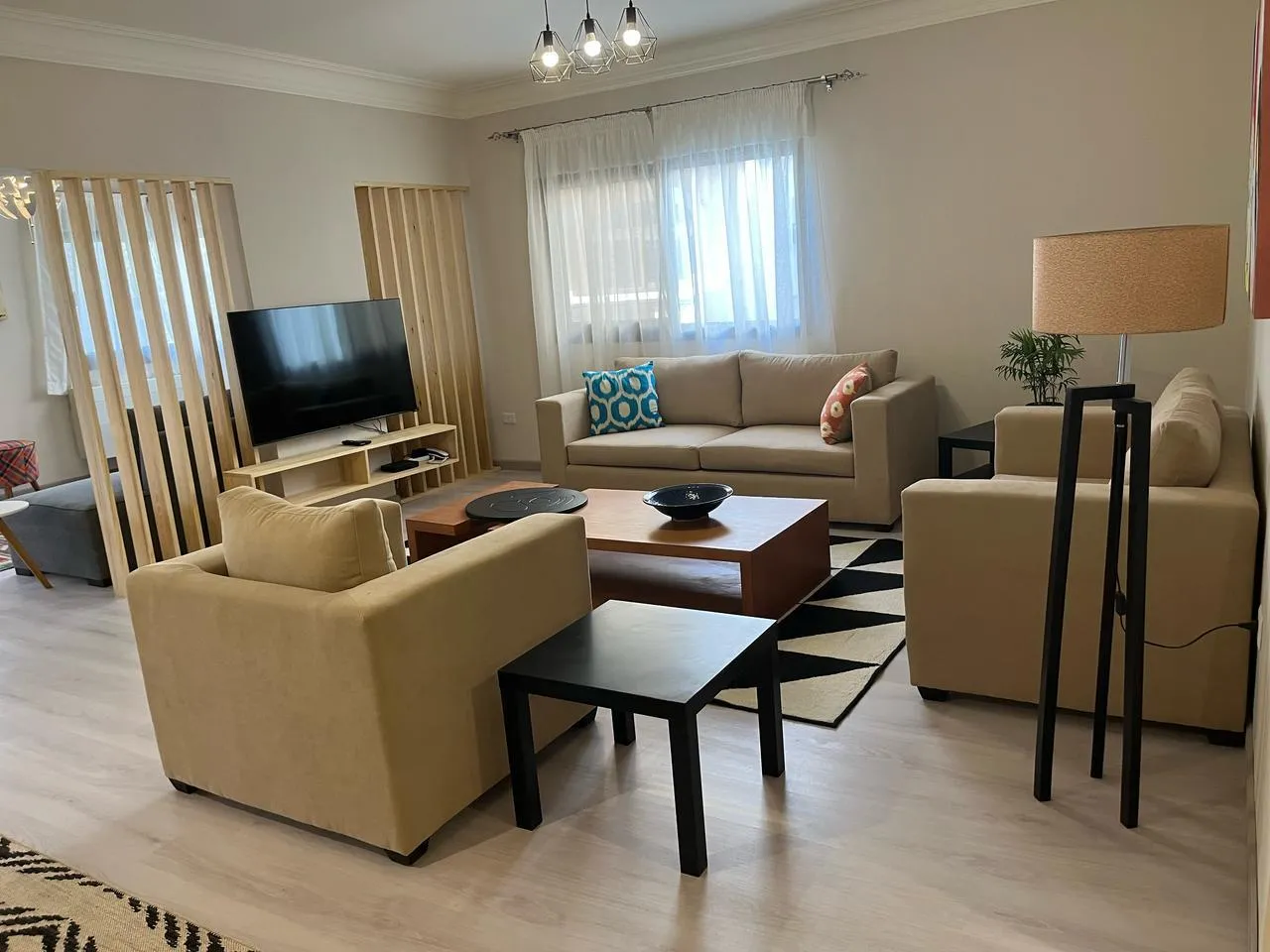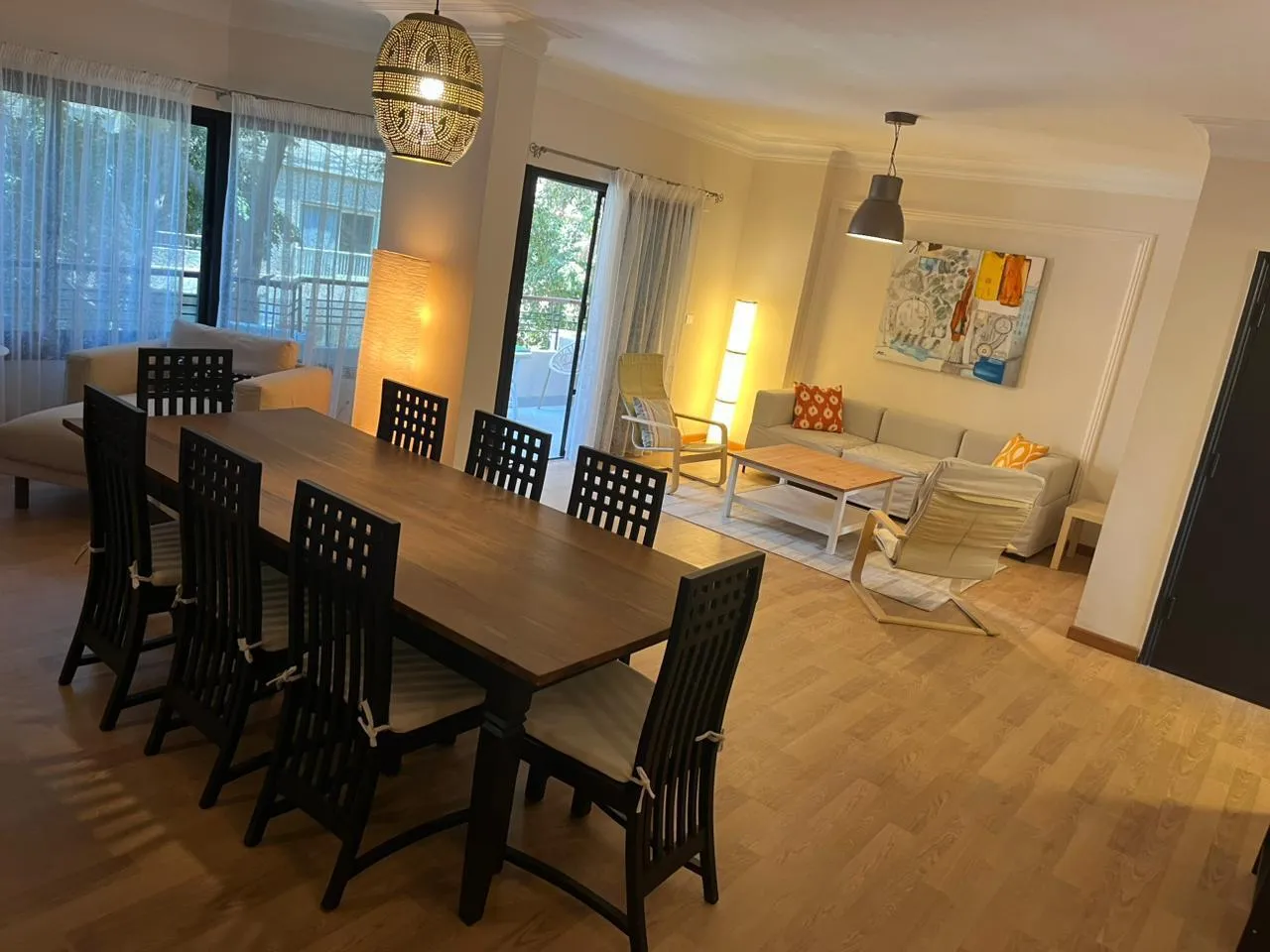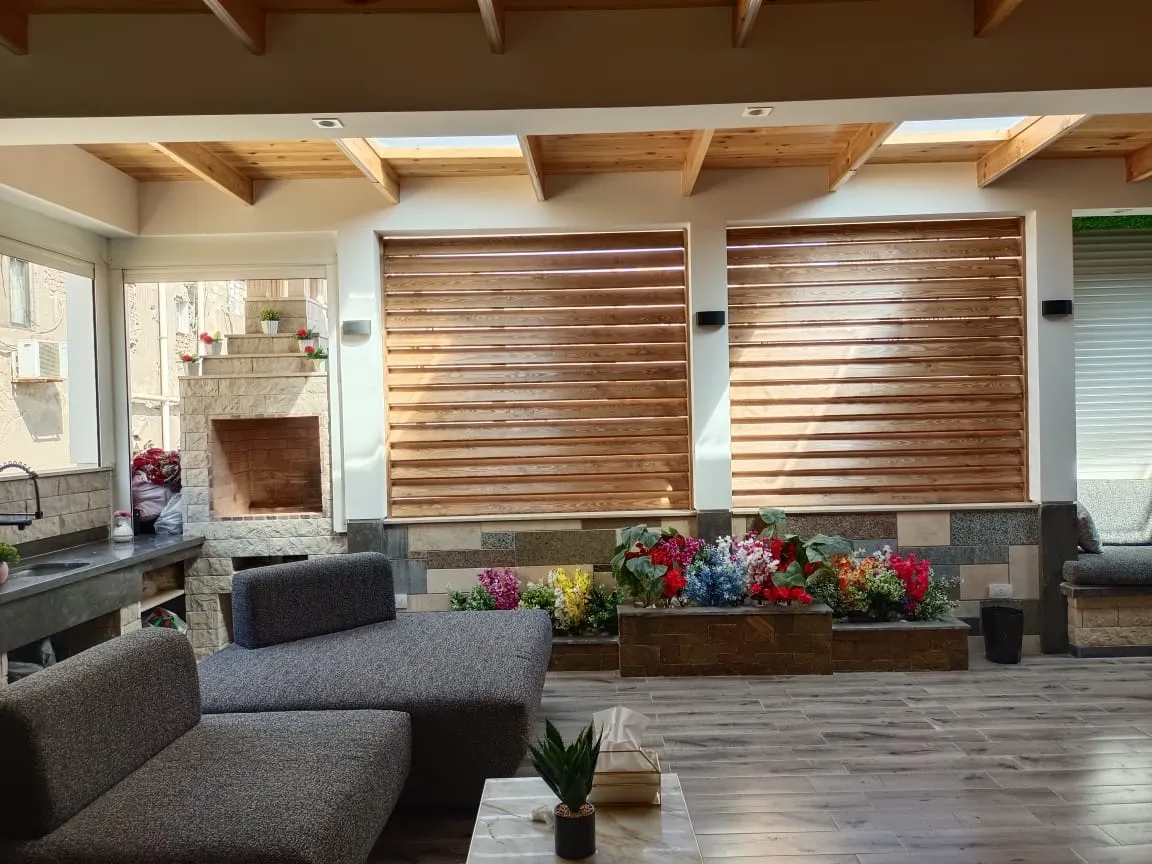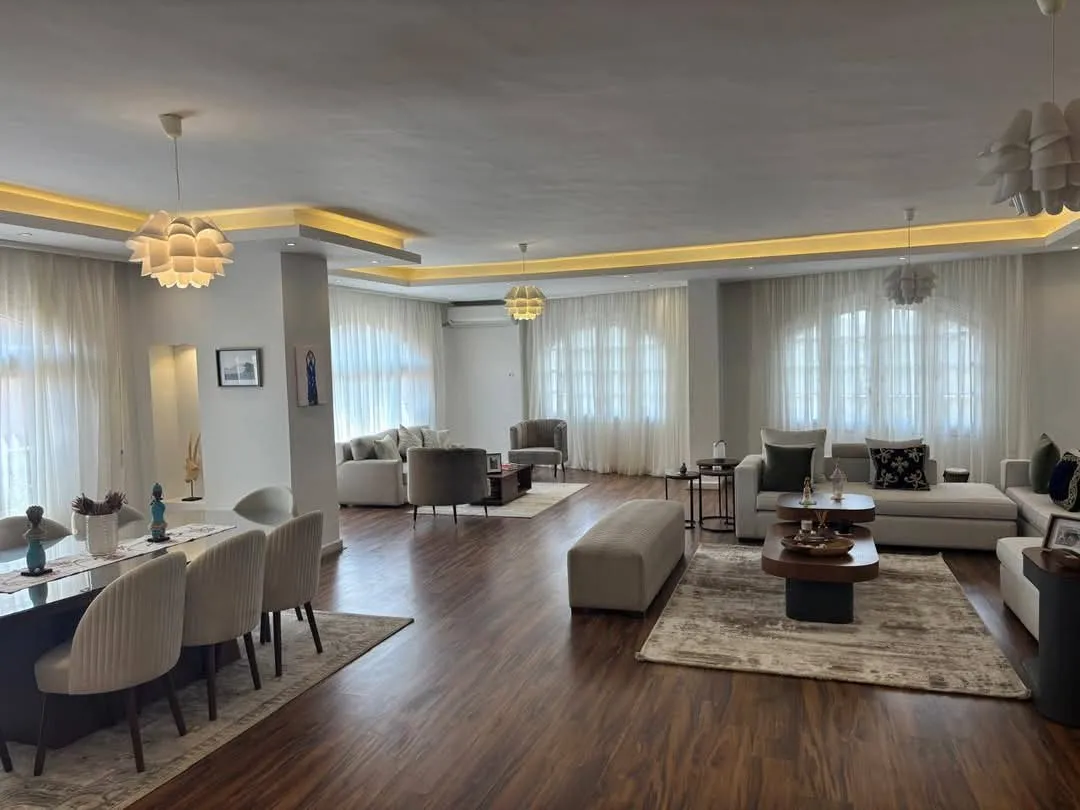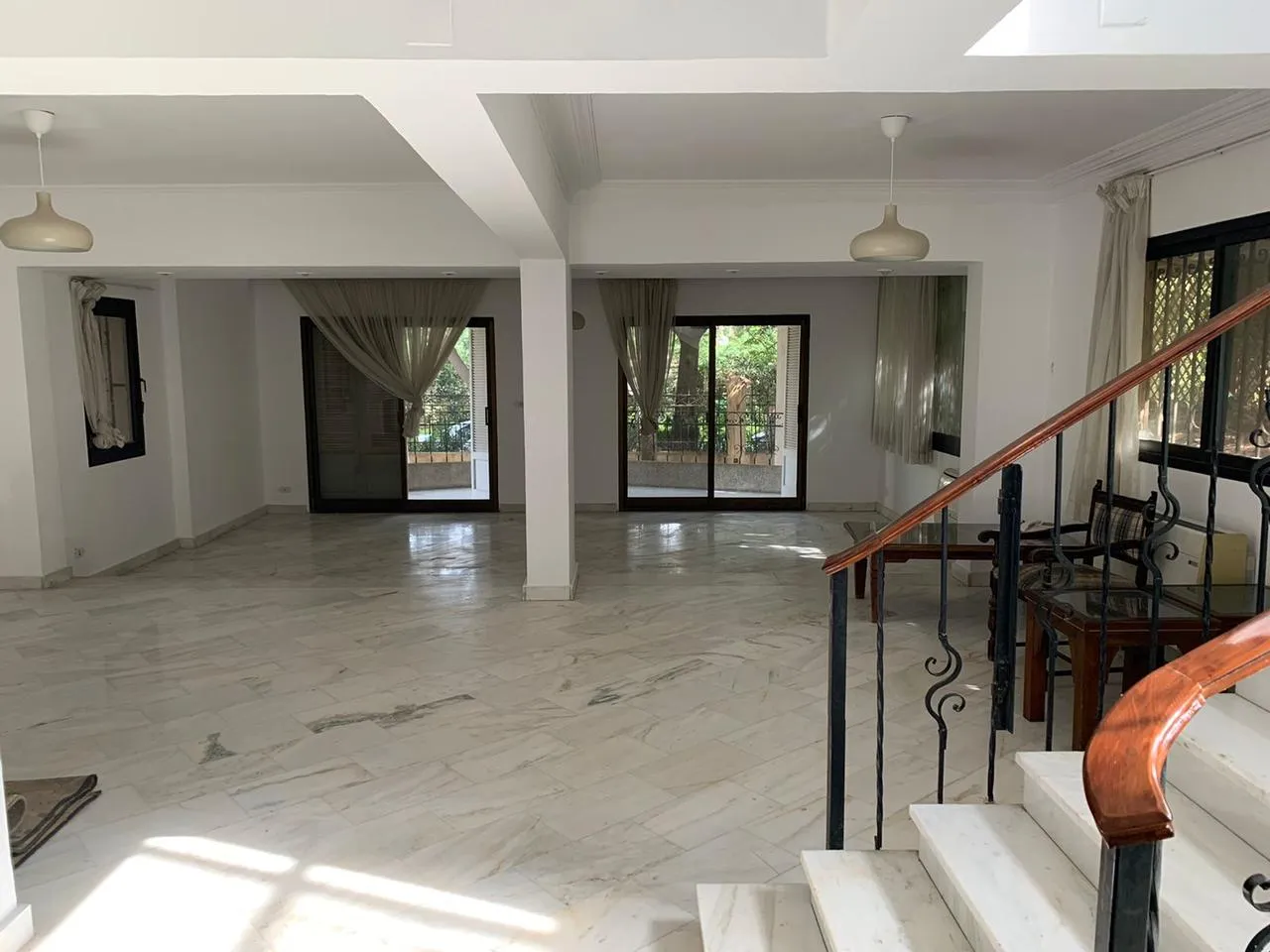Balancing Apartment Size and Location: What Should You Prioritize?
الكاتب
Ali Ashour
الوقت
17 دقيقة
اللغة
الانجليزية
كتبت بتاريخ:
4/8/2024
تم التحديث:
4/9/2024
Balancing Apartment Size and Location
The decision between apartment size and location is a pivotal one, influenced by individual preferences, lifestyle, and the intricate balance of daily needs. Whether it’s prioritizing the expansive living space of a two-bedroom apartment or the strategic positioning close to tech hubs and bustling population centers, choosing an apartment requires a nuanced consideration of various factors. This choice deeply impacts day-to-day living, from the ease of commuting to the comfort of home life, making it essential to weigh personal circumstances and priorities carefully.
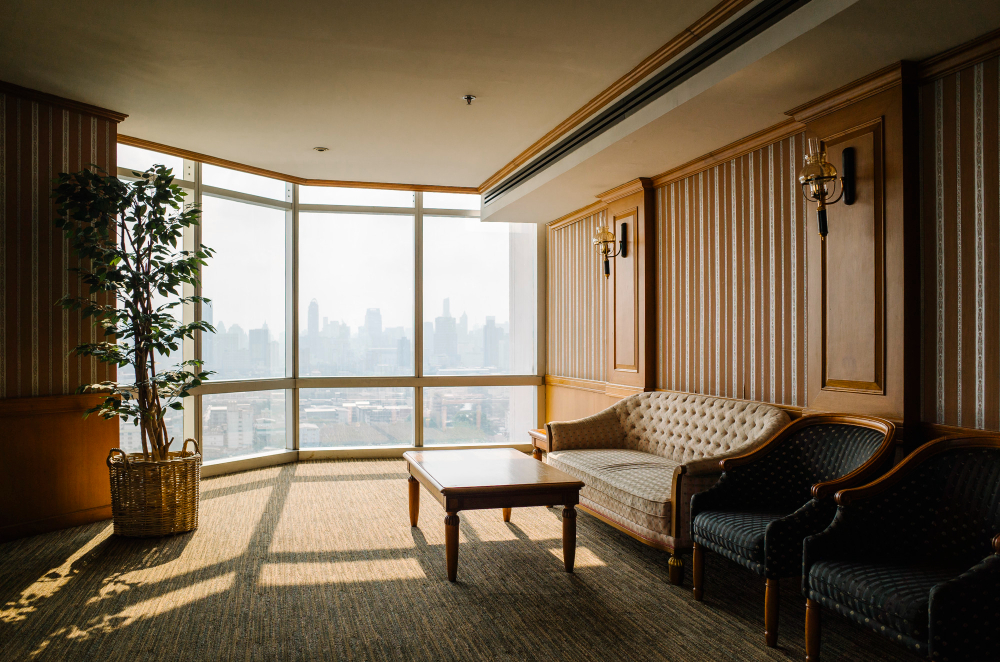
As we navigate the considerations of renting an apartment, from the square footage of a studio apartment to the monthly budget constraints, this article will delve into the benefits of prioritizing apartment size, the advantages of selecting location over size, and the necessary compromises to consider. We will also explore the financial impact and provide tips for making informed decisions, aiming to guide readers through the complex rental market landscape and housing trends, ensuring a choice that best suits their unique needs.
The Benefits of Prioritizing Apartment Size
Opting for a larger apartment brings forth a plethora of benefits catering to both comfort and practicality. Here's a breakdown of the advantages:
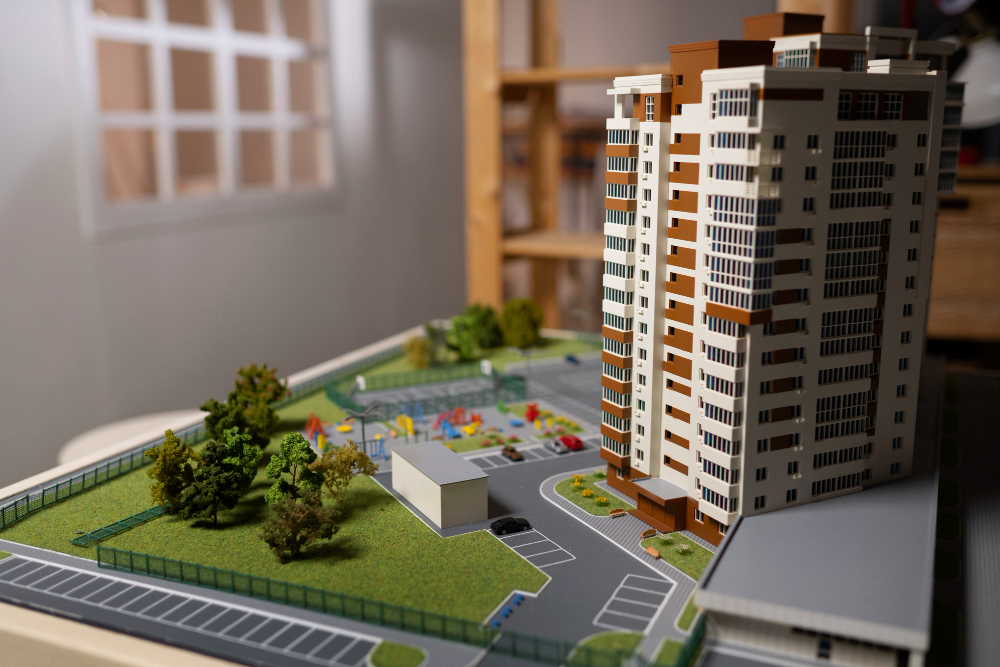
- More Space and Flexibility:
- A larger living area allows residents to stretch out, personalize their space, and truly make it feel like home.
- The added square footage provides flexibility for different uses, such as setting up a home office, creating a dedicated space for hobbies, or having a separate dining area.
- Enhanced Storage and Organization:
- Ample storage options, including closets, cabinets, and shelves, mean personal belongings can be neatly organized, reducing clutter.
- For those contemplating the long-term, larger apartments offer cost-effectiveness by avoiding additional storage fees or the need to rent external workspace.
- Improved Quality of Life:
- Balcony access in larger apartments offers a private outdoor space for relaxation, gardening, or simply enjoying fresh air.
- The ability to host guests comfortably, with ample space for socializing and accommodating overnight visitors, enhances social life.
- Privacy is significantly improved, with individual family members enjoying their own rooms and spaces, which is crucial for larger families or those working from home.
While larger apartments may come with higher rent prices, the value they provide in terms of space, storage, and quality of life often outweighs the cost. The decision to prioritize apartment size over location hinges on individual needs, such as family size, work-from-home requirements, and lifestyle preferences.
The Advantages of Choosing Location Over Size
Choosing a prime location over a larger apartment size presents numerous advantages that cater to both lifestyle preferences and practical considerations. Here's an in-depth look:
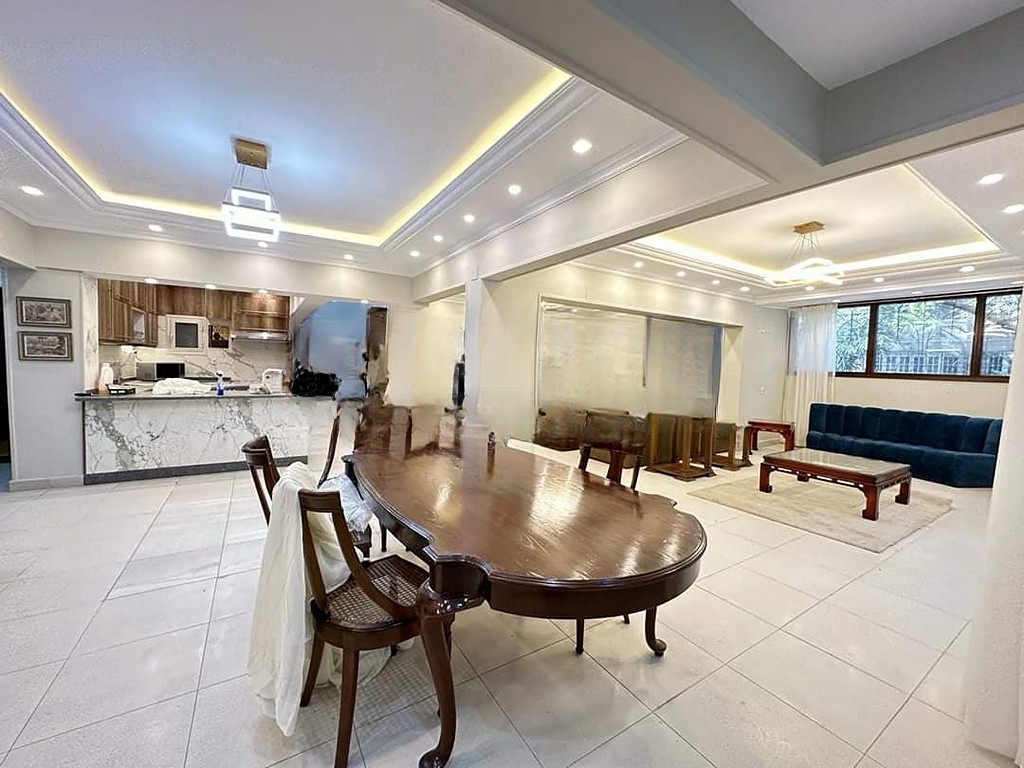
1. Proximity to Essential Amenities and Reduced Commute Times:
- Work and Education: Living closer to workplaces and educational institutions can drastically reduce commute times, allowing for a better work-life balance. This proximity means less time on the road and more time for personal activities or rest.
- Daily Necessities: With grocery stores, healthcare facilities, and entertainment options within walking distance or a short drive away, the convenience factor is significantly heightened. This not only saves time but also reduces transportation costs.
- Social and Recreational Opportunities: Being near parks, cultural centers, and social hubs enhances quality of life by providing easy access to recreational activities and opportunities to engage with the community.
2. Financial Implications and Property Value:
- Potential for Appreciation: Properties in sought-after locations often see a steady increase in value over time, influenced by ongoing development and infrastructure improvements. This can lead to a higher return on investment if you decide to sell or rent out the property.
- Savings on Transportation: The strategic location can lead to substantial savings on daily commute costs, including public transportation fares and fuel for personal vehicles. Over time, these savings can offset the premium paid for a prime location.
3. Lifestyle and Community Benefits:
- Built-in Community: Apartment complexes in prime locations often come with a sense of community, offering social interactions and a network of neighbors. This can be particularly beneficial for individuals looking to make new connections or families seeking a supportive environment.
- Access to Luxury Amenities: Many modern apartment buildings in desirable areas offer amenities such as fitness centers, pools, and communal spaces that might not be available in suburban or larger homes due to cost or practicality issues.
- Safety and Security: Prime locations often boast better security features, including gated entries, security personnel, and well-lit surroundings, providing peace of mind for residents.
In summary, prioritizing location when choosing an apartment brings a myriad of benefits that extend beyond mere convenience. It impacts your daily life, financial health, and overall satisfaction with your living situation. While the allure of a larger living space is undeniable, the strategic advantages of a well-chosen location can offer a more fulfilling lifestyle and a wise investment for the future.
Compromises and Considerations
When navigating the apartment hunting journey, individuals often find themselves at a crossroads, having to make compromises between their ideal apartment size and the perfect location. Here are some key considerations and compromises to weigh:
Compromises and Considerations
- Location vs. Size:
- Prime Locations: Often command higher rent per square foot, meaning you might have to settle for a smaller living space to stay within budget.
- Larger Apartments: These may be located further from city centers or public transit options, potentially increasing commute times and decreasing access to urban amenities.
- Important Factors to Evaluate:
- Proximity: Consider how close the apartment is to work, schools, markets, ATMs, and hospitals. The convenience of having these facilities nearby can significantly impact daily life.
- Neighborhood: Look into the safety, climate, and environmental factors of the area. A safe, pleasant neighborhood can enhance living quality even if the apartment is smaller.
- Amenities and Transportation: Check for available amenities like gyms, pools, and maintenance services. Also, assess the public transportation options to ensure they meet your needs.
- Security and Maintenance: Investigate the building's security measures and the condition of both the apartment and common areas. Ensure major appliances are in good working order and that the building has necessary safety features like working elevators and fire escapes.
- Financial and Practical Considerations:
- Budget: Align your choices with your monthly budget, considering not just rent but also transportation costs, utility bills, and potential rental insurance.
- Future Appreciation: If buying, consider the property’s potential for appreciation. Prime locations often see a steady increase in value.
- Contract Details: Before signing any contracts, do a thorough walk-through of the apartment. Have any flaws or promises made by the landlord written into the contract, including maintenance responsibilities and improvements to be made before moving in.
Choosing between apartment size and location involves balancing immediate needs and long-term satisfaction. While a prime location offers convenience and social opportunities, a larger apartment provides comfort and flexibility. It's crucial to weigh these factors against personal priorities, lifestyle requirements, and financial constraints to make a decision that best suits your needs.
Financial Impact
When evaluating the financial impact of choosing an apartment, several key factors come into play that directly affect both renters and property owners. Understanding these can guide individuals in making a well-informed decision that aligns with their financial goals and lifestyle needs.

For Renters:
- Budgeting First: Before embarking on your apartment hunt, it's crucial to assess your budget. This involves considering not just the monthly rent but also additional costs such as utilities, transportation, and insurance.
- Prime Locations vs. Size: Apartments in desirable locations often come with a higher price tag, necessitating a trade-off between location and size. A smaller apartment in a prime area might cost the same as a larger one in a less sought-after location.
- Long-term Financial Considerations: Considering the potential for real estate appreciation, investing in a prime location might offer better long-term financial benefits despite higher initial costs.
For Property Owners and Investors:
- Economies of Scale: For owners of larger apartment blocks, economies of scale can lead to reduce per-unit costs. This is due to more efficient management and the ability to spread expenses like maintenance and repairs over a larger number of units.
- Attractive Financing Options: Larger complexes often attract more favorable financing options, enhancing investment potential.
- Increased Profits: Building in a prime location allows for higher monthly rents, directly impacting profitability. Additionally, properties in sought-after areas are more likely to appreciate over time, offering a higher return on investment.
Market Trends:
- The real estate market is witnessing a significant shift, with housing sales in major cities hitting all-time highs. This indicates a growing demand for well-located properties, further emphasizing the importance of location in investment decisions.
- The mid-segment market, particularly in the range of Rs 40 lakh to Rs 80 lakh, is experiencing a surge in supply due to high demand, highlighting the attractiveness of this segment for developers and investors.
In summary, the financial impact of choosing an apartment extends beyond the immediate costs of rent or mortgage payments. For renters, it involves a careful balance between location, size, and budget, while for owners and investors, considerations around economies of scale, financing, and market trends play a crucial role in maximizing returns.
Tips for Making Your Decision
When making the pivotal decision between apartment size and location, a well-rounded approach that considers various aspects of your lifestyle and future plans is essential. Here are some practical tips to guide you through this process:
- Evaluate Your Lifestyle Needs:
- Personal and Professional Balance: Consider how the location impacts your daily commute and access to amenities versus the comfort and functionality a larger apartment offers.
- Future Planning: Think about long-term needs. A smaller place in a vibrant neighborhood might suit you now, but will it be enough if your family grows?
- Financial Considerations:
- Budgeting: Establish a clear budget that includes rent, utilities, parking fees, and any hidden costs. This will help narrow down your options.
- Investment Perspective: For buyers, purchasing the least expensive house in the best neighborhood you can afford often pays off in terms of property value appreciation.
- Additional Income Streams: Consider if the property allows for opportunities like renting out a room or parking space to offset costs.
- Practical Tips for Apartment Hunting:
- Research and Tours: Conduct thorough research online and schedule tours to see the spaces in person. This will give you a better sense of how the apartment fits your needs.
- Space Utilization: Reflect on how you'll use the space. Is there room for your hobbies, work, or guests? Can you see yourself making this space your own?
- Location vs. Interior: Remember, you can change the apartment's interior, but not its location. Make sure the neighborhood fits your lifestyle.
- Lease and Policies: Understand the lease terms, renewal options, and any restrictions, such as pet policies and parking availability. This can significantly impact your living experience.
By carefully considering these factors, you can make a more informed decision that balances the size and location of your apartment with your budget, lifestyle, and future plans. This holistic approach ensures that your new home not only meets your current needs but also supports your long-term happiness and financial well-being.
Conclusion
Throughout this exploration of the intricate balance between apartment size and location, we've delved into how these aspects impact daily living, financial planning, and long-term lifestyle satisfaction. Weighing the benefits of additional living space against those of a strategic, amenity-rich location reveals a complex landscape of personal priorities and market dynamics. Ultimately, the choice between a commodious residence or a prime spot hinge on individual needs—from family size to professional demands—and the anticipated quality of daily life. This discussion underscores the necessity of a thoughtful compromise, balancing present comforts with future aspirations.
Enhancing our understanding of this decision's broader implications, from financial considerations to lifestyle advantages, equips us with the knowledge to make choices that align with our personal and economic goals. As we navigate these decisions, recognizing the potential for growth and adaptation in our preferences and circumstances encourages a flexible approach. Embracing the journey of finding a perfect home demands that we deeply consider our immediate needs while being open to the evolving demands of our lives, aiming for a harmony that fosters both contentment and growth.

